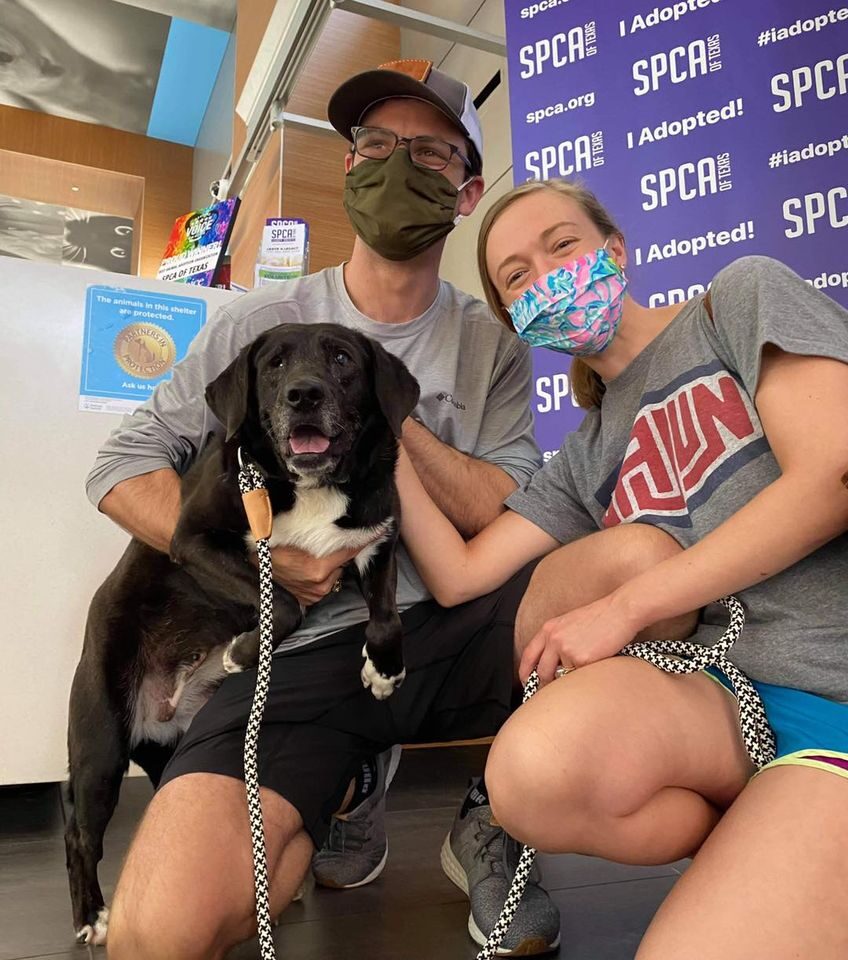
Around October 2019 I had the great honor of getting to volunteer with my coworkers at a local SPCA. We were given a special tour of the premises and told about the new programs in place to offer more animals exceptional care and loving homes. As stated by the American Society for the Prevention of Cruelty to Animals, shelters like these have been creating a decline in total animals euthanized since 2011. Between the increases in adoptions, the returns of stray pets to their owners, and the development of spay programs, shelters are seeing a better world created for these companion animals. But some shelters have been seeing this progress halted with the new COVID-19 pandemic and how it has been impacting total adoptions. A dashboard created by Shelter Animals Count, a national shelter database created by various animal welfare agencies, showed that animal adoptions year to date is almost 20% lower nationally compared to last year. With layoffs occurring and people struggling to find work, more people are just not wanting to take on another expense. When you also add the multiple incidents of house pets testing positive for COVID-19, this makes potential adopters very hesitant about the serious commitment of getting a new dog or cat. I reached out to Talia Grunska, the senior manager of pet placement at the SPCA of Texas, to discuss what animal adoptions will be looking like after COVID-19. I also received great information from Kelli Eaves, the Director of Lifesaving Initiatives and Heather Stumfoll, the Manager of Special Initiatives.
You have many examples like the Dumb Friends League, a private animal shelter in Denver, receive large floods of adoption requests during COVID-19 and many other shelters that are struggling to market their foster and adoption services. How has the SPCA’s overall input and output been during this pandemic?
The SPCA of Texas has received an overwhelming amount of support from the community during this time, from both fosters and adopters. As of August 31st, we’ve performed over 1,100 adoptions and sent 550 animals to foster since closing our doors to the public late March. While we initially were able to reduce our shelter populations at the start of COVID, we are now operating at full capacity due to our continued intake of animals from cruelty cases as well as our organization’s recent acquisition of a third shelter, the Ellis County SPCA. Our current population consists mostly of adult animals, many who have behavioral or medical challenges that require specific housing requirements. Therefore the movement of animals into homes has been slower than in the past despite the continued interest in foster and adoption. This has been our most significant challenge over the past few months, but overall we’re very grateful for the number of families who are seeking to adopt or foster during this time. -Talia Grunska, Sr. Manager of Pet Placement
Various animal shelters have stated that March is historically when pregnant animals and litters of unwanted kittens show up. Did SPCA notice a large population explosion around this time and were there any virtual programs made to adapt to it?
April and May are generally the months that see the highest requests for help with kittens born outdoors. Local municipal shelters have needed to decrease their intake of kittens, so members of the community are being asked to step up and foster orphaned kittens until they can find them new homes or until the kittens are old enough to be altered and returned to the street. SPCA of Texas dedicated May to spaying and neutering Community Cats to make a dent in the free roaming cat population. We ramped up our support for Trap-Neuter-Return all summer and have spayed/neutered over 1,500 cats. Requests for help with kittens is on the rise and we predict that this will continue for the remainder of the year. We are actively developing plans to save lives off the street by getting kittens through our system and adopted through our online platform. – Kelli Eaves, Director of Lifesaving Initiatives
Is there any concern that some pet abandonments could occur by the new adopters once they’re working back in the office?
It’s very possible we’ll see an uptick in adoption returns as people resume their normal routines. Many families don’t truly know how their new pets will acclimate to their usual lifestyle, which may include more time away from home, more visitors, trips to public places, vacations, pet sitters, etc. These are all experiences that animals could potentially struggle with and can affect the ultimate success of the adoption. Our Pet Placement Team has been working hard to make the best possible matches by setting realistic expectations and providing thorough counseling based on the animal’s needs and adopter’s home and lifestyle. While we hope this helps to keep animals in their forever homes, we also don’t view returns as a negative outcome. We often tell adopters that every adoption is essentially a trial adoption and we always welcome our alumni back if the adoption doesn’t work out for any reason. When animals are returned, we collect valuable information about what they are like in the home and can use that information to find an even better match the next time. Plus, any amount of time animals get to spend in a home rather than the shelter is advantageous to their behavioral and medical wellbeing, and it opens up space in the shelter to take in more animals, so it’s a win-win! – Talia Grunska, Sr. Manager of Pet Placement
With the most recent COVID-19 update on the SPCA website stating that all volunteer shifts are temporarily closed, what are other ways local citizens can contribute without putting themselves at risk?
There are various ways the community can help! We are always in need of donated goods, such as toys, blankets, treats and more. We are accepting donation drop offs of household items at our front doors, and we have Amazon wish lists on our website that people can browse and have items delivered directly to the shelter. Financial donations can also be made on our website, spca.org/donate. If people are unable to donate, spreading the word and sharing our social media posts is another great way they can contribute! – Talia Grunska, Sr. Manager of Pet Placement
Are there any upcoming events or initiatives being planned by the SPCA- Young Professional Group that will help the animal shelters?
The SPCA of Texas Young Professionals group is a vital part in gaining the support of Young Professionals across DFW. The group is playing a vital role in helping plan several fundraisers that support the SPCA of Texas. Their next big plan is to raise $4000 for our annual Strut Your Mutt Race to End Animal Cruelty. More activities are being planned as adjustments are being made to accommodate COVID-19 restrictions. – Heather Stumfoll, Manager of Special Initiatives

